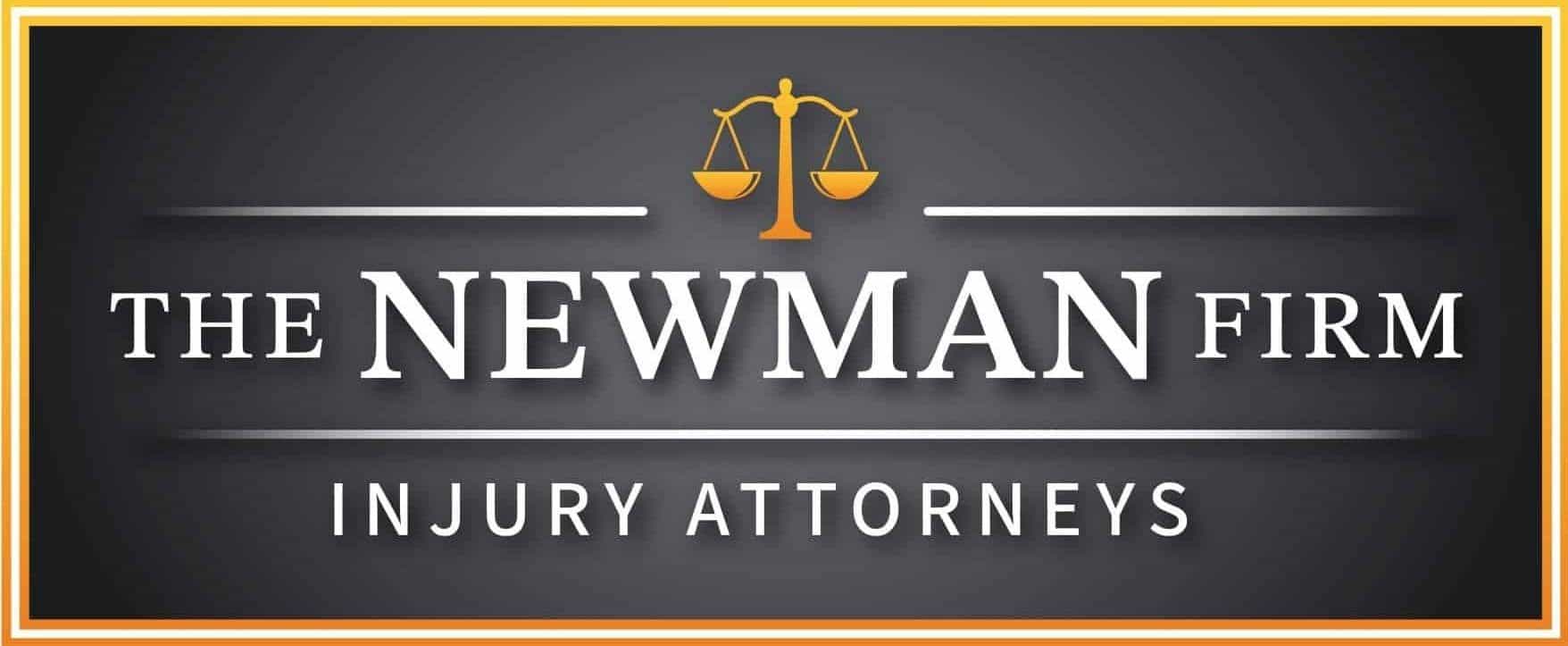A major auto insurance company has a series of television commercials in which it touts the value of its experience. Each commercial presents a scenario where a customer encountered damage as a result of some particularly bizarre set of facts. At the end, the actor-spokesman states that the customer was covered and that, at the insurance company, “We know a thing or two because we’ve seen a thing or two.”
Personal injury law can be a bit like that. You want to be sure that you have experienced New York auto accident counsel on your side to give yourself the best chance of success. You want a legal team that has seen “a thing or two” in court and, therefore, knows “a thing or two” about getting you the recovery you deserve, no matter how odd the cause of your injury.
H.F. was a driver who experienced such an unusual injury in his case. H.F. was behind the wheel of a stopped car in Manhattan. All of a sudden, H.F. found himself a situation that would startle many of us. A tow truck that was in front of him began moving backward and heading directly for him. The tow truck eventually slammed into H.F.’s car, causing him to suffer substantial injuries. What made H.F.’s case especially unique was that there was no one behind the wheel of the truck when it crashed into H.F.’s car.
Many people probably understand what to do, and understand that they have certain legal options, in some obvious auto accident scenarios. If you’re stopped at a red light and someone rear-ends you, then you might realize that you have certain legal options. However, what about being hit by a driverless (but not autonomous) vehicle? Would you know what to do then?
H.F. did. He secured legal counsel and he sued the City of New York, as well as the driver who had left the truck unattended. He also asked the court to award summary judgment in his favor, which the trial court did. In New York, the law says that, whenever a driver “fails to secure an unattended vehicle sufficiently to prevent it from starting to move on its own,” then the driver of that unoccupied vehicle is negligent for the injuries caused by the vehicle moving on its own.
So, the tow truck driver (and his employer, the city) were liable unless they could provide the court with a valid “non-negligent explanation” for the crash. A mechanical malfunction, for example, might potentially qualify as a valid non-negligent explanation. In order for a defendant to defeat your request for a summary judgment in your favor, the defense has to give the court more than just a theory, but also provide some evidence to back up its theory.
The defense in H.F.’s case had a theory but no evidence. The defense suggested that the truck driver had placed the truck in the “park” gear, but that the truck had shifted out of gear on its own due to a mechanical malfunction. However, because the defense offered the court “no evidence of any type of mechanical failure or defect in the tow truck,” its theory was insufficient to prevent H.F. from winning his request for summary judgment.
Whether your accident was caused by an ordinary distracted driver or some bizarre set of events culminating with an empty runaway vehicle, you should take care to get the legal experience you need to get the outcome you deserve. The skilled Queens injury attorneys at Newman, Anzalone & Newman have been aiding injured drivers, passengers and pedestrians for four decades. To put us to work for you, schedule a free consultation with one of our highly qualified attorneys. Contact us toll-free at 877-754-3099 or through our website.

